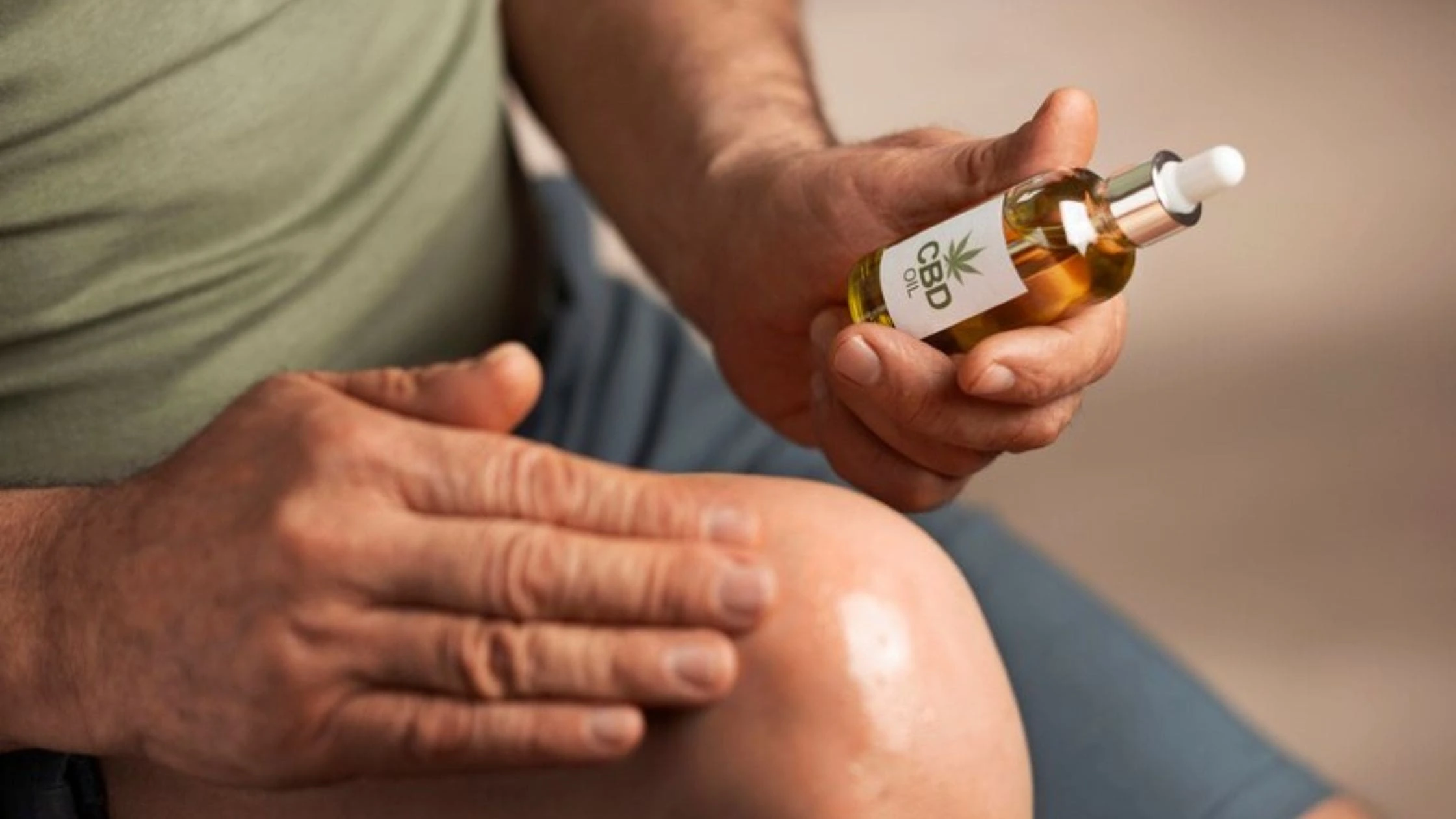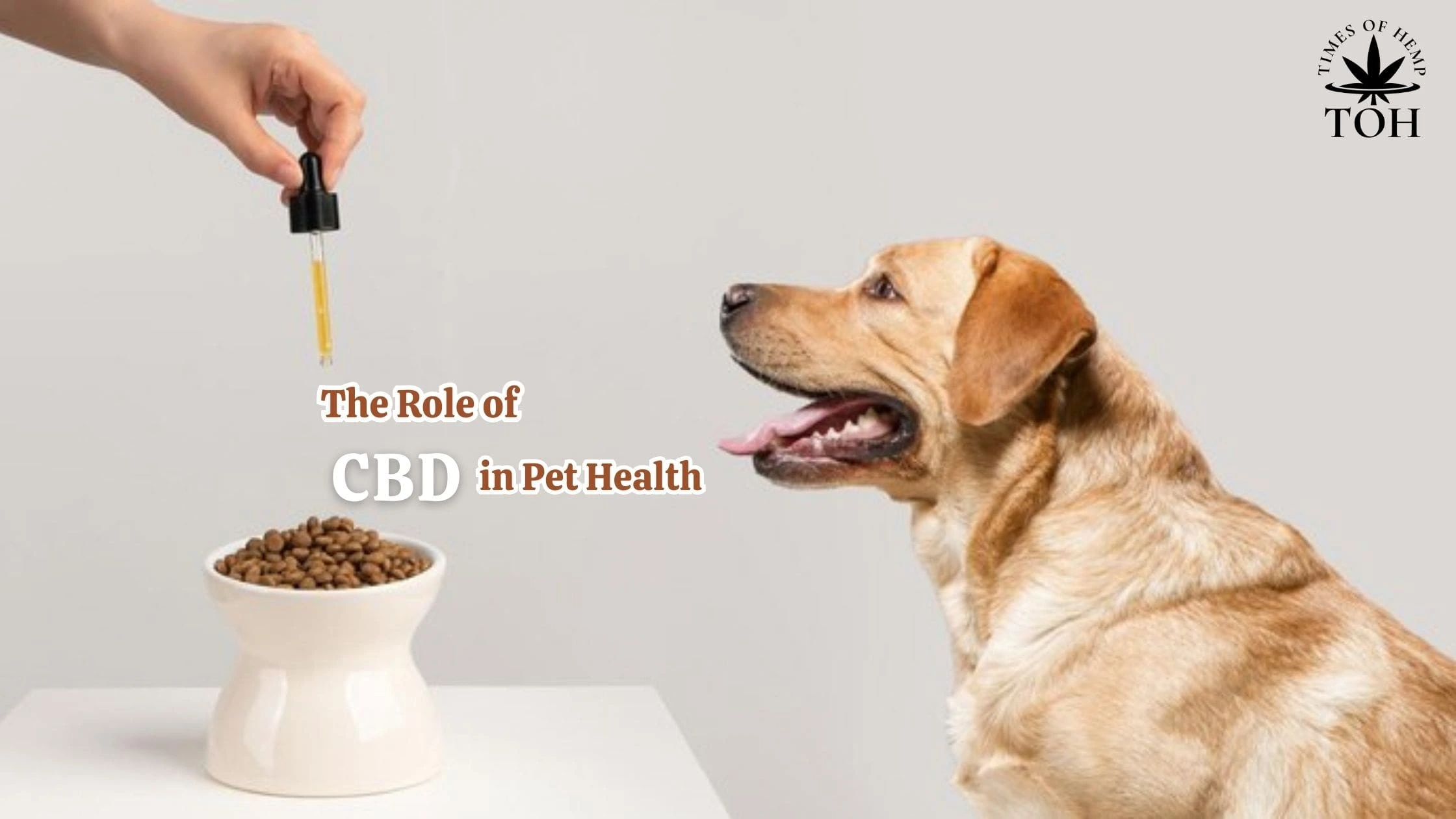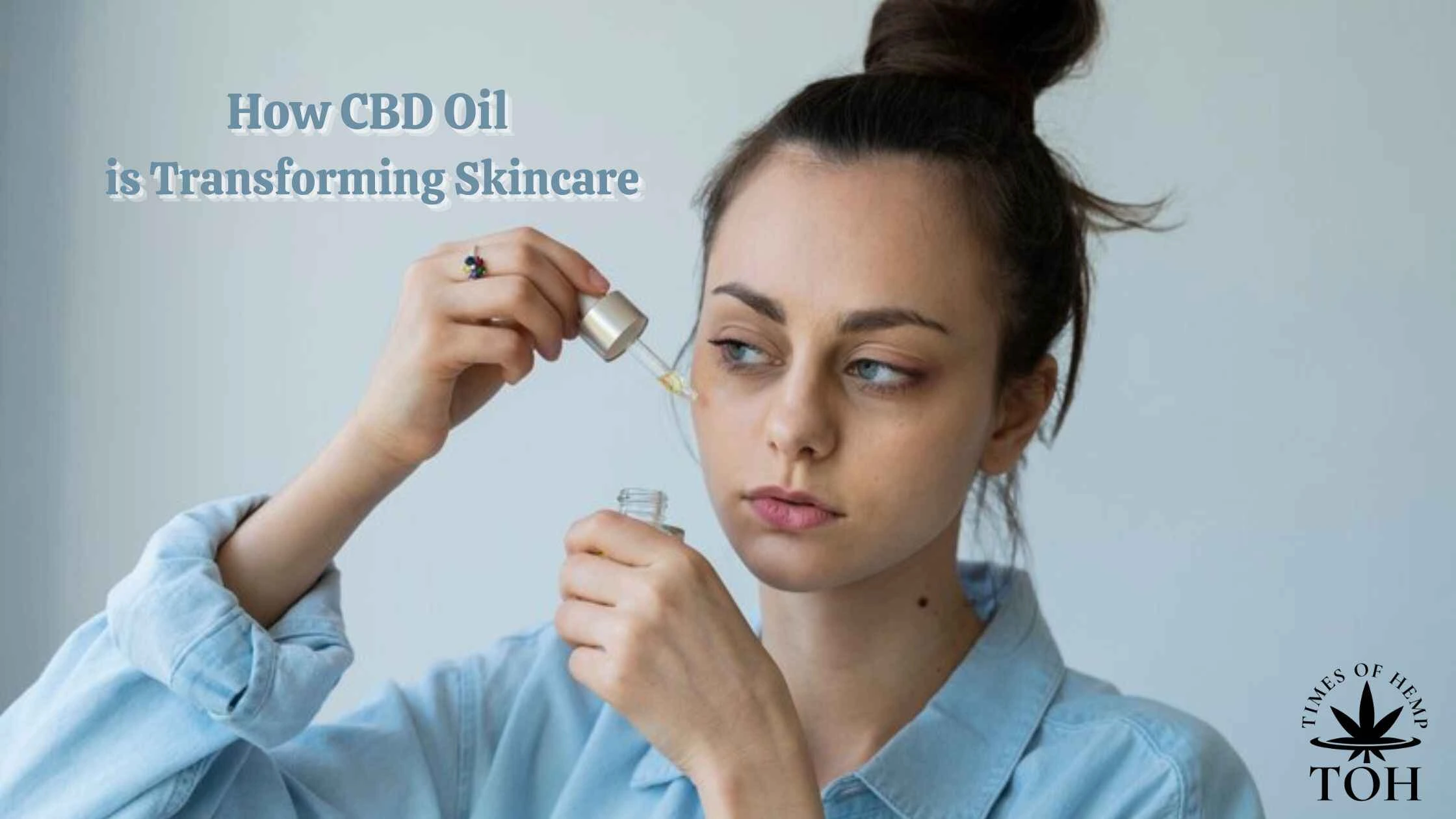When it comes to athletic performance and recovery, everyone—whether a weekend warrior, a daily gym-goer, or a professional athlete—seeks ways to reduce pain, accelerate healing, and stay strong. Enter CBD, a compound that’s been making waves in the wellness world and has captured the interest of many in the athletic community. Known for its natural anti-inflammatory, pain-relieving, and calming properties, CBD has become a go-to for those looking to enhance recovery without the harsh side effects associated with many traditional treatments. Let’s explore with Times of Hemp what CBD is, how it can support athletic recovery, and the best ways to use it.
What is CBD?
The natural substance known as cannabidiol, or CBD, is present in the cannabis plant. CBD does not produce a “high” way THC, the psychoactive ingredient in cannabis, does. Rather, it works with your body’s endocannabinoid system, which regulates several physiological functions, including mood, pain, inflammation, and sleep, all of which are important for recovering from sports.
The study of CBD’s possible advantages is expanding along with its popularity. Additionally, there is evidence that CBD may help athletes sleep better, recover more quickly, and experience less pain—all without any negative side effects, though research is still underway.
Why Recovery Matters in Athletics
Recovery is more than just a catchphrase; it’s essential to maintaining health and enhancing performance. Muscle fibers are broken down, joints are strained, and metabolic waste products like lactic acid are produced when you exercise or otherwise be physically active. You run the danger of being hurt, getting tired, and performing worse if you don’t recuperate properly.
Stretching, foam rolling, and CBD are examples of effective recovery techniques that let your body heal itself and bounce back stronger. In addition to lowering their chance of injury, athletes who prioritize recuperation have longer-term advantages.
How CBD Can Support Athletic Recovery
CBD offers several potential benefits for recovery, making it a favourite among active individuals. Here are a few ways it may help:
1. Reducing Inflammation
Your muscles and joints may become inflamed after vigorous exercise, resulting in stiffness and pain. By interacting with immune system receptors, CBD’s anti-inflammatory qualities have been demonstrated to help lessen inflammation. By reducing inflammation, CBD may help you regain your range of motion, reduce muscular discomfort, and resume your activities sooner.
Research on CBD’s effects on inflammation is encouraging. For instance, studies indicate that CBD may lessen the production of cytokines, which are proteins that indicate inflammation, following vigorous exercise, which could facilitate the management of post-workout discomfort and swelling.
2. Pain Relief
One of the primary reasons individuals use CBD is its well-established ability to reduce pain. Injuries, joint discomfort, and muscular aches are practically inevitable for athletes. Although they can provide relief, painkillers frequently have negative side effects or increase the risk of reliance. By interacting with endocannabinoid system pain receptors, CBD provides a natural substitute that helps reduce discomfort without running the danger of addiction.
CBD can help control pain, enabling athletes to continue their activities while they recover, whether it is administered topically to target particular sore regions or taken orally for overall relief.
3. Supporting Sleep and Relaxation
Sleep is essential for healing. Your body fixes muscles, stores memories, and controls several hormones that are vital for sports performance when you sleep. It has been discovered that CBD has soothing effects that could enhance the quality of sleep. According to certain research, CBD can improve general relaxation and lessen anxiety, which makes it simpler to get to sleep and stay asleep.
CBD may be a game-changer for athletes who suffer from insomnia or disturbed sleep. Your body has more time to heal when you get better sleep, which eventually improves performance and speeds up recovery.
4. Managing Stress and Anxiety
Many athletes indeed have performance anxiety, which can impair their ability to perform and recuperate. Recuperation may be impacted by the anxiolytic (anxiety-reducing) effects of CBD on stress management. Less stress makes it simpler for the body to heal and function at its best.
Including CBD in your routine can help you stay focused, manage stress, and remain composed under pressure—all essential components of a healthy athletic lifestyle.
How to Use CBD for Athletic Recovery
CBD comes in various forms, and choosing the right one depends on your needs and preferences. Here are a few popular options for athletes:
1. CBD Oils and Tinctures
Among the most adaptable forms of CBD are tinctures and oils. When taken sublingually, or beneath the tongue, they enable rapid bloodstream absorption. If you want a steady dosage of CBD throughout the day or are searching for overall relief, this method is perfect.
Start with a low dose and modify it according to your needs for the greatest outcomes. To support a good night’s sleep and encourage relaxation, many athletes choose to consume CBD oil before bed.
2. CBD Topicals
Sore or wounded regions can be directly treated with creams, lotions, and balms infused with CBD. Because topicals target particular muscles or joints without affecting the entire body, they are excellent for providing tailored pain treatment.
Athletes who suffer from localized pain, like painful knees or tight shoulders, particularly favour this style. Just massage the product into the affected region and let it soak.
3. Edibles and CBD Capsules
Because they are portable and simple to use, CBD edibles and capsules are a great choice for people who are constantly on the go. They have longer-lasting benefits than tinctures, but they take longer to start working. They can therefore be helpful for long-term recovery assistance or for those who would rather take a slow-release medication throughout the day.
4. CBD Bath Soaks
CBD bath soaks can be a delightful and efficient approach to ease aching muscles for a full-body rehabilitation experience. CBD is frequently used with other calming components, such as Epsom salts and aromatic oils, in these soaks. After working out, soaking in a CBD bath can help relieve tight muscles and promote overall relaxation.
Tips for Using CBD Safely
Even though CBD is widely regarded as safe, follow these guidelines to be sure you’re using it correctly:
- Start Low: If you’ve never taken CBD before, start with a little dosage and work your way up to see what suits you. Individuals react differently, so let your body adjust.
- Check the quality: Not every CBD product is made equally. Seek out trustworthy companies with transparent labelling and third-party testing.
- Be Regular: CBD functions best when taken regularly, just like many other natural supplements. Include it in your daily routine and observe its effects on your recuperation over a few weeks.
Can CBD Benefit Every Athlete?
Although CBD shows promise, it’s crucial to keep in mind that it’s not a panacea. Since each athlete is unique, what suits one might not suit another. While some athletes may not see as big of an impact, others may find that CBD is a wonderful addition to their recuperation regimen.
Finding what works best for your body and objectives requires experimentation. CBD provides a worthwhile alternative for anyone seeking a natural way to manage stress, pain, and inflammation.
Final Thoughts
A vital component of athletic performance is recovery, and CBD provides a natural means of promoting that recovery. CBD is rapidly gaining popularity among athletes of all skill levels due to its anti-inflammatory, pain-relieving, and calming effects. CBD can be a useful supplement to any exercise regimen, whether your goals are to reduce stress, enhance sleep, or ease aching muscles.
Choose high-quality goods, start slowly, and observe how CBD affects your performance if you’re interested in trying it for recuperation. CBD can end up becoming your lifelong workout buddy if you use it consistently and with patience.





